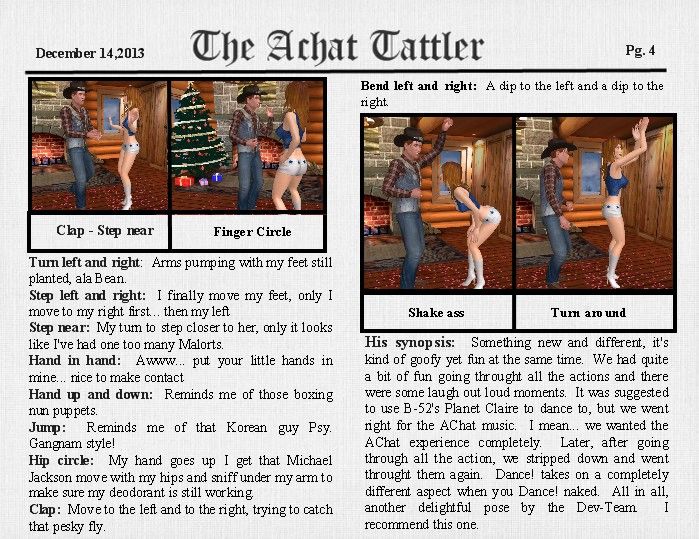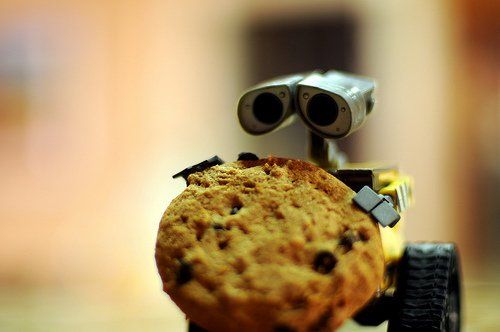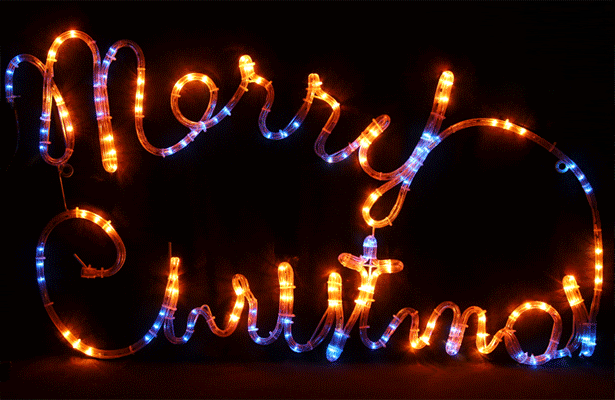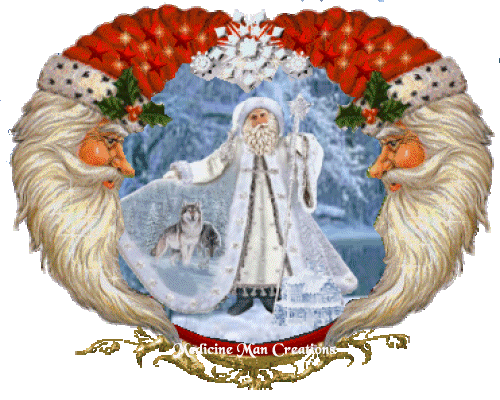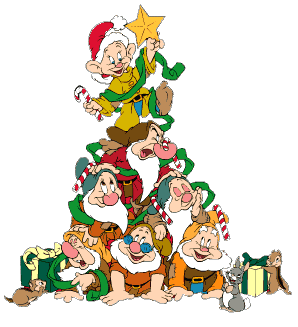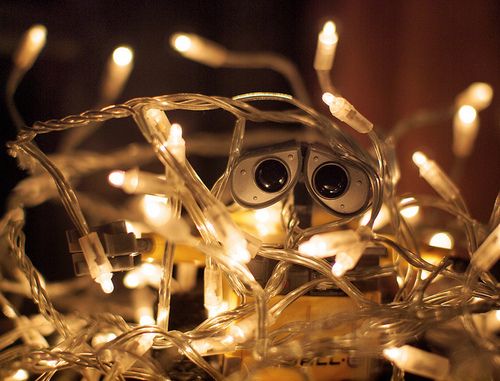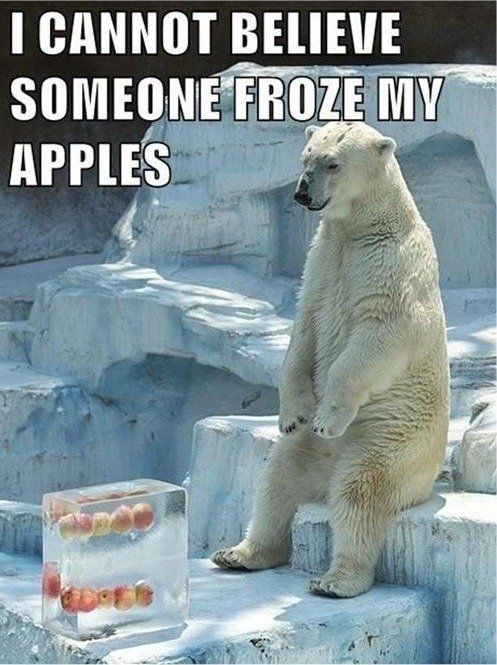Forum Replies Created
-
AuthorPosts
-
Terri… there's nothing there
Christmas Eve/Sarajevo
Trans Siberian Orchestrahttp://www.youtube.com/watch?v=MHioIlbnS_A
I absolutely adore the little girl in this video
She reminds me of my youngestYou are right Bluedenim, and I do retract that statement. I swiped that from a blog without checking the source… shame on me, and I want to apologize for it to the entire forum for that post. After researching the status of South Africa since 1994, I came across this article, which does not have skewed facts.
Nelson Mandela's legacy: how life got better after Apartheid
Tim StanleyThere's a quiet consensus out there that Nelson Mandela was great, Apartheid was evil, but…
The “but” is that life in South Africa got worse after racial segregation ended – that crime, corruption and poverty became the new order of the day. This consensus is rooted partly in the racism of low expectations (“Africans just aren't as developed as Europeans”) and in media portrayals of Africa as a savage land torn apart by endless war. So, as a corrective, here are some ways in which South Africa really has improved since 1994.
1. Democracy. It's true that South Africa is effectively a one party state, partly because the ANC is so popular and partly because Africa generally tilts that way. But prior to 1994 there was effectively just one white party and negligible non-white representation in parliament. Since then, South Africa has held four free national elections – a massive achievement in a country of 53 million people. There are now fair courts and civil rights. Yes, there is corruption and current President Jacob Zuma is often accused of it. But there is also a free press and oversight. As a result, South Africa has fallen from the 38th most corrupt country in 2001 to the 72nd today. And in the 2013 election, there were signs of the emergence of pluralism thanks to a cross-racial democratic alliance headed by Helen Zille, premier of the Western Cape. With Mandela gone, the ANC may lose some of its grip on the popular imagination and the opposition may flower. The important thing to remember is that despite all its woes, South Africa is now a country in which all the people are politically engaged and have a stake in the system.
2. The economy. After 1994, Nelson Mandela could have embraced Mugabe-style redistribution. Instead, he pragmatically and wisely embraced big business (assisted by the end of economic sanctions). The result was booming investment and growth in 70 quarters out of 73; inflation, interest rates and the deficit fell sharply. Since the end of Apartheid, the economy has doubled in real terms and South Africa is now the economic super power of the region. Not only is this proof that an African economy can be run efficiently as part of the global community but it's also a model that many other countries are following – with enormous success. With booms in minerals and telecommunications, African capitalism is in the ascendant.
3. Poverty. But have all South Africans benefited? To a degree, yes. Life for the black population under Apartheid was unremittingly harsh, with chronic unemployment, criminality and terrible living conditions. Two things the ANC brought to the shanty towns were electricity and water, vastly improving the quality of life. As the Economist notes, between 1996 and 2010 the proportion of those living on less than $2 a day fell from 12 per cent to 5 per cent. Sadly, unemployment has never really gone away; it remains around 25 per cent and perhaps half of young people are unemployed (although those figures compare with some Mediterranean economies). Inequality remains, too. On average, a white household earns six times as much as a black one. But state welfare programmes are helping to close the gap: in 2002 only 13 per cent received welfare, compared to 25 per cent in 2010. Infant mortality is falling, albeit slowly. Access to anti-retroviral treatment for AIDS has increased dramatically, but remains shamefully low. Then again, the scale of the problem is enormous: about 12 per cent of the population is infected. To appreciate the full length of the distance covered, you have to appreciate the height of the mountain to climb.
4. Crime. A consequence of inequality is nihilism. South Africa has a deserved reputation for being a violent country; rates of rape and car jacking are depressingly high, and an average 50 people are murdered every day. But crime was always high under Apartheid – it's just that a media blackout meant that it went unreported. Drugs, drink and gangs were common in the shanties, the product of decades of brutal marginalisation. This historic legacy combined with failed expectations after the end of Apartheid to produce an explosion of violence that exposed the white community, for the first time, to serious crime. The results are undeniably tragic but, contrary to popular opinion, South Africa is getting the situation under control. The murder rate is down by about 44 per cent since 1995. It's interesting to note that approximately 80 per cent of murders happen between people who know each other, suggesting that this is not a general problem with violence but one located in specific communities. Put it this way: after 1994 crime grew, engulfed even the rich white areas, and then retreated back to where it was always found most, among the poor of the shanties.
So life in South Africa is far from perfect or even comfortable. But, like all African countries, it has a difficult legacy to overcome. First, imperialism: which developed Africa only in so far as it benefited European nations. Second, Apartheid: which developed South Africa only in so far as it benefited whites. The challenge facing South Africa has not just been to expand the economy but to expand democracy and economic opportunity to millions of people who have been historically denied both. Fortunately, that's starting to happen. In post-Apartheid South Africa, things have improved very slowly. But, for the first time, they've improved for everyone – not just a privileged minority.
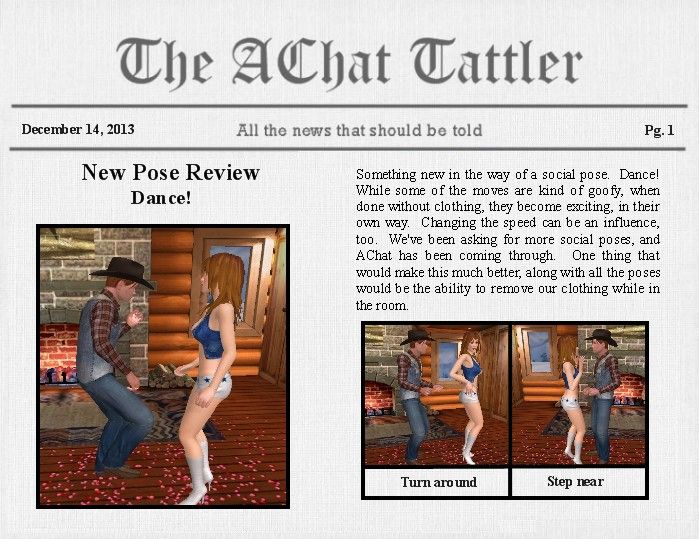



First tme here, I thinkNext one to post will be Miss Stone
Not sure where to post this.
Salma2011 looks very pretty, love her face but the beauty mark? Is that an aberration or have I missed something in makeup (or face, or…)?

Sheesh… You need to wipe the monitor screen after you kill the bug.
Always, Want a cup of fine English Tea to go with that?
Put a little bourbon in that, and you got a deal.
Sure, a good cookie always is tasty. Though it doesn't free you from paying a drink in bar

There's only one who can free me from that, and she has the bottle of bourbon… geez… now I'm probably going to have to pay for THAT, too.
My knee jerk reaction was to reply in kind, but upon further reflection, chatting with a couple of dear friends, and some bourbon, I've decided that it may be better to clarify my statements, which one does in a debate.
At no time did I espouse my support for Apartheid or any of the factions that were involved with it. The atrocities commited by the Apartheid regime were crimes against humanity of the worse kind, and there's no way anyone who is sane can endorse them.
All I was pointing out was Nelson Mandela had his flaws.
It's a fact, not a lie, that he was the head of UmKhonto we Sizwe, which was the terrorist wing of the ANC. That part is documented in Mandela's book Long Walk to Freedom . Also documented in his book is the fact, not a lie, that he “personally signed off” on acts of terrorism performed by the MK. I read the book.
The matter of the bombings are public record, not a lie. In fact, not a lie, there's pictures of victims of the bombings (never a pretty sight), that can be viewed, though I don't recommend it.
So let me end this by saying that while I don't love Nelson Mandela the way some do, I don't hate the man, either. His decision to not wage a civil war was a nobel one, and won him the Nobel Peace Prize. So in his case, the end did justify the means, I just don't agree with the means.
But my thoughts (if you don't like this, that's too bad) are with the victims of the ANC, their terrorist wing, the MK, and the Apartheid Regime of South Africa. As well as the millions of victims of all the genocides that have taken place in our world.
Now, if you'll excuse me, this Nazi has an issue of the Tattler to publish, and an Ugly Sweater Party to organize.
I made some cookies, too… want one?
Covems……….. This forum is not the place air political disputes, but you are so wide of the mark with your sweeping lies about South Africa that I cannot let them go.Apartheid South Africa was a horrendous murderous state with secret and state police far worse than the feared Gestapo, where do you find these lies and how can you believe them?
Whites used to run over blacks with their cars for fun… use them for target practice… and the police would do nothing because the black people had no rights at all, less even than the black slaves on the Southern cotton plantations.
Slavery in the gold & diamond mines.. where all the extremely rich white people made their fortunes, most of which are still intact by the way, was common with people dying every day , but nobody cared because black lives were seen as having no value.Not long after Nelson was released, he disassociated himself from Winnie and what she had been doing.
It would have been so easy for Nelson to raise a bloody civil war and create the same sort of State that Robert Mugabe has created, but instead he chose and fostered a reconciliation. It will take generations to heal the deep wounds in South Africa, it will not happen in 2, 3, 5 or 10 years.
You sound like a member of the KKK or an embittered Boer, why would you want that?
What then would your opinion be on the atom bombs that we dropped on the Japanese? Did they mean that we, the US were the bad guys?
Please, if you wish to spew such vile untruths, do it at a Nazi rally, not on this site!
It's a debate… There's no need for a personal attack.
I think I'll stay in this forum and keep my lies and nazi view with me.
Enjoy!Sleeper
Woody Allen“Lads”, I say to the dwarves, “lets get this place into Christmas shape. We've already discussed, where the decorations should go, same as last year, so lets get to it.”The dwarves busy themselves and the house decoration goes up. The Merry Christmas lighted sign goes on the mirror behind the bar
The Merry Christmas lighted sign goes on the mirror behind the bar along with the Santa Wreath
along with the Santa Wreath Christmas Glasses on the wall near the door
Christmas Glasses on the wall near the door And the Lets Be Naughty sign over the donut machine
And the Lets Be Naughty sign over the donut machine Dopey comes over to me pulls me down and whispers into my ear. “Yes, Dopey”, you can make your tree. I'm sure everyone will enjoy it.”
Dopey comes over to me pulls me down and whispers into my ear. “Yes, Dopey”, you can make your tree. I'm sure everyone will enjoy it.” “Ahhhh… doesn't that give you some Christmas spirit? Remember, all you have to do is believe.”
“Ahhhh… doesn't that give you some Christmas spirit? Remember, all you have to do is believe.” I know it does for me.Time for the “Ugly Christmas Sweater Party” I got mine all picked out.
I know it does for me.Time for the “Ugly Christmas Sweater Party” I got mine all picked out.
If ya's haven't burned them, you can use the one Miss Stone gave out last year.


The end justifies the means.
Mandela inherited a stable, law-abiding, prosperous, economically impressive, agriculturally self-sufficient, corruption free nation, and turned it into a turbulent, lawless, violent, murder-prone, economically stagnant, corrupt third world mess.
My thoughts are with the 68,000 white and black victims of the ANC genocide in South Africa, and genocides everywhere, men women and children.
It is to them that I say, rest in peace.

The hero of the anti-apartheid struggle was not the saint we want him to be.
The image of Nelson Mandela as a selfless, humble, freedom fighter turned cheerful, kindly old man, is well established in the West. If there is any international leader on whom we can universally heap praise it is surely he. But get past the halo we’ve placed on him without his permission, and Nelson Mandela had more than a few flaws which deserve attention.
Nelson Mandela was the head of UmKhonto we Sizwe, (MK), the terrorist wing of the ANC and South African Communist Party. At his trial, he had pleaded guilty to 156 acts of public violence including mobilising terrorist bombing campaigns, which planted bombs in public places, including the Johannesburg railway station. Many innocent people, including women and children, were killed by Nelson Mandela’s MK terrorists. Here are some highlights
-Church Street West, Pretoria, on the 20 May 1983. 19 killed, 217 wounded.
-Amanzimtoti Shopping complex KZN, 23 December 1985. 5 killed, 27 wounded.
-1985 – 1987 At least 150 landmines on farm roads. 125 killed
-Krugersdorp Magistrate’s Court, 17 March 1988. 3 killed
-Durban Pick ‘n Pay shopping complex, 1 September 1986.
-Pretoria Sterland movie complex 16 April 1988.
-Johannesburg Magistrate’s Court, 20 May 1987. 3 killed, 10 wounded
-Roodepoort Standard Bank 3 June, 1988. 4 killed, 18 wounded
In his book Long Walk to Freedom Nelson Mandela wrote that as a leading member of the ANC’s executive committee, he had “personally signed off” in approving these acts of terrorism. This is the horror which Mandela had “signed off” for while he was in prison – convicted for other acts of terrorism after the Rivonia trial. The late SA president P.W. Botha told Mandela in 1985 that he could be a free man as long as he did just one thing: ‘publicly renounce violence’. Mandela refused. That is why Mandela remained in prison until Pres F W de Klerk freed him unconditionally. The bottom line? Nelson Mandela never publicly renounced the use of violence to further the ‘cause of freedom.
Tellingly, not only did Mandela refuse to renounce violence, Amnesty refused to take his case stating “[the] movement recorded that it could not give the name of ‘Prisoner of Conscience’ to anyone associated with violence, even though as in ‘conventional warfare’ a degree of restraint may be exercised.”
Nelson Mandela was the leader of Spear of the Nation [MK], the terrorist wing of the ANC. MK murdered countless people and advocated mass genocide of all white people in Africa. MK also slaughtered members of South African tribes who had gained independence or were in the process of gaining independence under the Apartheid plan.
While Mandela was in prison, his wife Winnie Mandela ordered followers to carry out numerous gruesome killings of black people she deemed to be “race traitors.” Many of the victims were women or teenage boys. They were killed by being burned alive with a gasoline soaked tire around their neck.
Yeah… rest in peace Nelson Mandela
-
AuthorPosts


